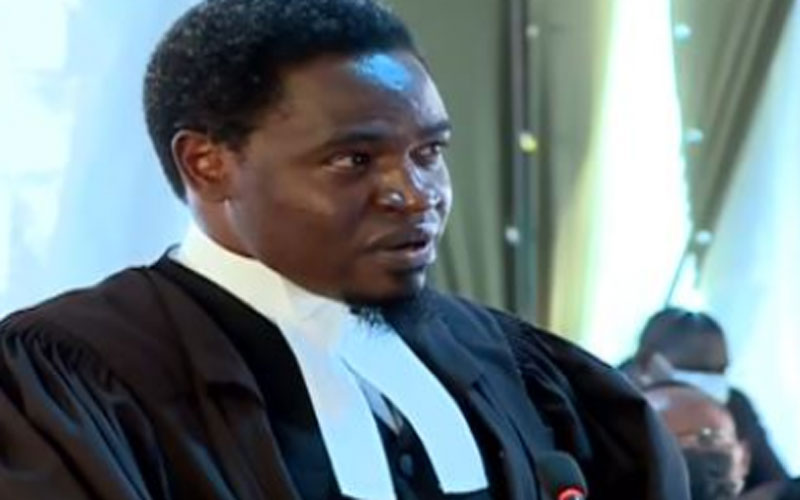×
The Standard e-Paper
Smart Minds Choose Us

On Thursday, July 1, Nelson Havi (pictured) challenged President Uhuru Kenyatta's role in the Constitutional change process. [Standard]
The President of the Law Society of Kenya (LSK), Nelson Havi, has challenged President Uhuru Kenyatta’s involvement in the Constitutional change process.